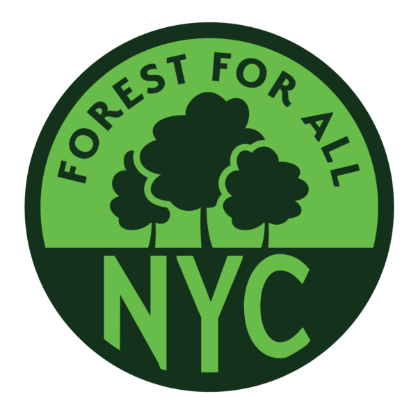By Peter Senzamici | Patch.com
MIDTOWN, NY — The city needs to adopt an urban forest master plan, says Council Member Erik Bottcher.
His bill is part of a tree-based package sponsored by Bottcher and Council Members Gale Brewer and Shekar Krishnan.
Bottcher’s bill would require the Parks Department to create what Bottcher calls an Urban Forest Master Plan, which would aim to increase and protect the city’s trees, to be updated every five years. Additionally, the bill says the city must collect LIDaR data to monitor its effectiveness.
“The comprehensive master plan for the urban forest is needed to ensure its continued health, growth, and sustainability,” Bottcher said. “Protection, maintenance, and expansion of the city’s tree canopy will present a long-term solution to environmental challenges and improve the quality of life for all residents.”
Brewer’s bill would require the city to include trees, tree canopy and vegetation in its long-term planning.
“For too long we’ve ignored the natural world in our urban planning,” said Brewer. “This package will help change that, and elevate the importance of trees and the urban canopy in the calculations we make as planners and city leaders.”
“Trees cool our streets, clean our air and soak up storm waters.” said Krishnan, a co-sponsor of both bills. “The City Council has put forward an ambitious legislative package to codify our goal of 30% tree canopy, and to collect and report data regularly on our urban forest.”
Bottcher has made more trees a crusade since he entered office last year. At the end of 2022, he made a goal to plant over 1,000 trees in the district.
Just a few weeks ago, Bottcher announced that so far, over 400 new trees have been planted this year in his Council District.
“This puts us well on our way to surpassing out goal of 1,000 new street trees,” Bottcher wrote on social media.
Emily Nobel Maxwell, New York City director for The Nature Conservancy and the convener of Forest for All NYC, applauded the bills and said they couldn’t have come at a better time.
“We’re seeing in real-time the realities of climate change and its impact on our neighborhoods,” Nobel said. “Today’s vital legislation ensures we use an essential tool to cool our neighborhoods during extreme heat events, improve air quality, absorb storm water runoff, beautify and unify our communities, advance equity and justice, and improve the overall health and well-being of every New Yorker.”
Original article here.
